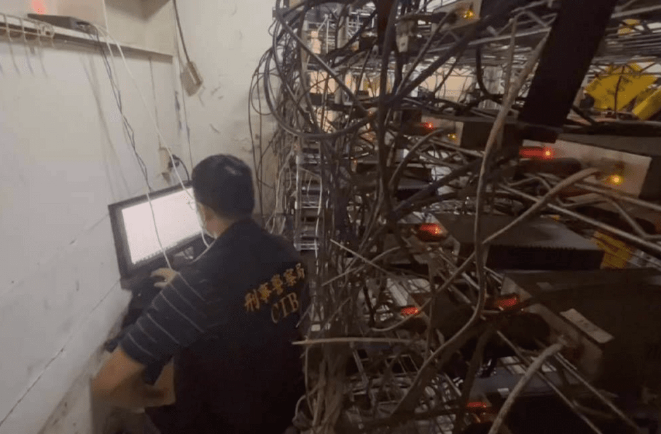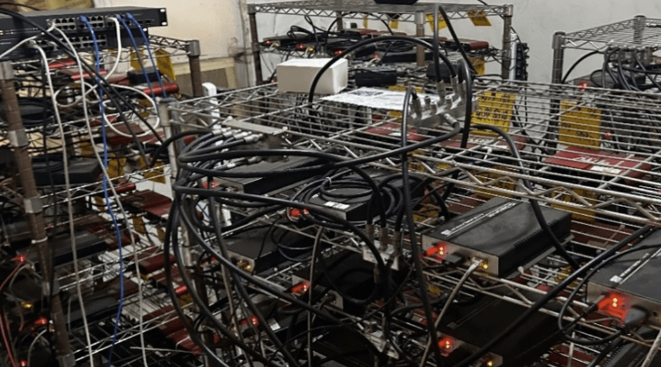Taiwan’s Criminal Investigation Bureau (CIB) has successfully taken down a significant pirate IPTV operation that had been illegally streaming content for more than two years. The operation, which was concealed in a house that appeared abandoned, led to the confiscation of over 279 pieces of equipment, including 72 set-top boxes, 72 video encoders, servers, networking hardware, bank records, and mobile phones. Two suspects were apprehended.
Covert Pirate Operation Exposed
According to Italy’s Piracy Shield system, pirate IPTV servers can be hosted almost anywhere, often evading detection. Asia, particularly regions like China, Hong Kong, and Taiwan, is a frequent source of these servers, causing global issues for copyright holders.
While enforcement actions in China are less frequent, Taiwan has seen a higher incidence of raids, with foreign rightsholders often benefiting from the resulting crackdowns.

Use of Xtreme Codes Software Triggers Investigation
The investigation by Taiwan’s CIB was sparked by the discovery of an app known as Qingtian TV or Sunny TV on online auction platforms. This app, like other piracy tools, provided unauthorized live TV streams from legitimate broadcasters, packaged conveniently for users in a mobile application.
The investigation revealed that the operators behind Sunny TV were utilizing Xtreme Codes, a notorious software platform that enables the illegal capture, encoding, and distribution of live TV streams. This software is widely used in the IPTV piracy world, and its presence was pivotal in helping authorities trace the operation’s activities and gather critical evidence for their case.
The pirated content offered through Sunny TV included broadcasts from major networks like Taiwan’s Satellite Radio and Television Business Association and members of Japan’s anti-piracy group CODA, which includes prominent stations such as TBS, Fuji TV, NTV, and TV Asahi. The estimated value of the pirated content over two years was more than one billion Taiwan dollars (around US$31.2 million).
Following an investigation, the case was handed over to the Taichung District Prosecutor’s Office, leading to coordinated raids in Taichung City and Yunlin County.

Pirate Operations Hidden in an Abandoned House
One of the key suspects, identified by the CIB as Mr. Li, along with his associates, had rented an abandoned-looking house to run their illegal activities. The house’s dilapidated appearance served as a perfect cover, allowing the operation to go unnoticed.
Inside, however, authorities found a fully operational hub of piracy. The raid uncovered 72 set-top boxes and 72 signal encoders, as well as servers, network switches, bank records, and mobile phones, amounting to a total of 279 pieces of evidence.
Unveiling the Structure of the Piracy Network
CIB reports that Mr. Li and another suspect, Mr. Chen, were both arrested. Chen is believed to have been responsible for selling illegal OTT (over-the-top) software on various online platforms, frequently changing his accounts to avoid detection by law enforcement.
The CIB also hinted at the involvement of two additional suspects, though their identities and specific roles remain undisclosed.
The bureau has released a detailed diagram illustrating the IPTV operation’s structure, from capturing and encoding the broadcasts to distributing the content to end users. Notably, the diagram features Cloudflare, reflecting a trend where the company’s services are often implicated in such operations, though typically without direct involvement.
This public revelation may be an effort to pressure companies like Cloudflare to take stronger actions against piracy, bringing the issue further into the public eye.



